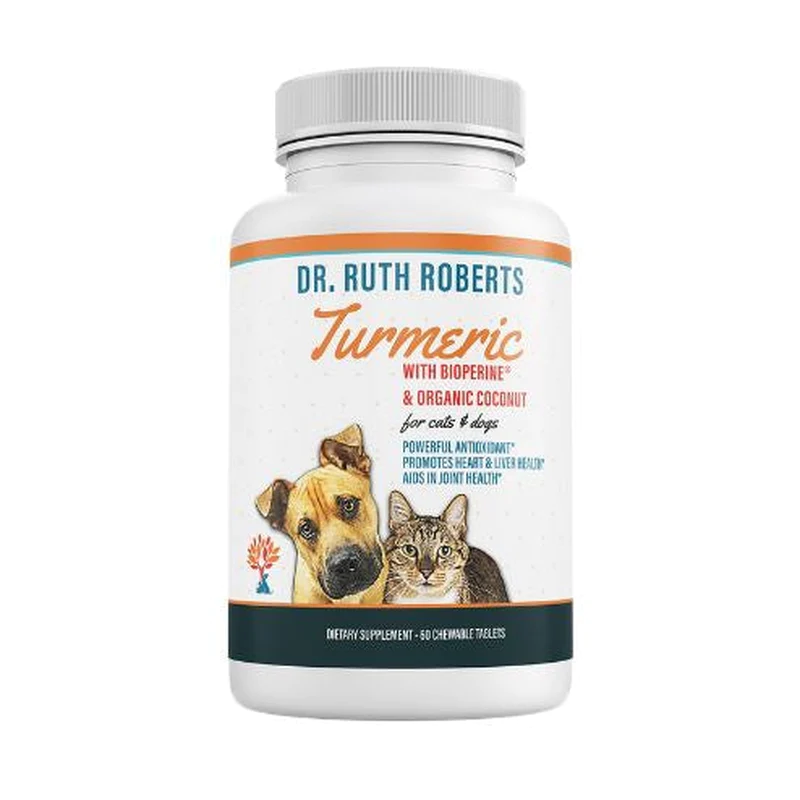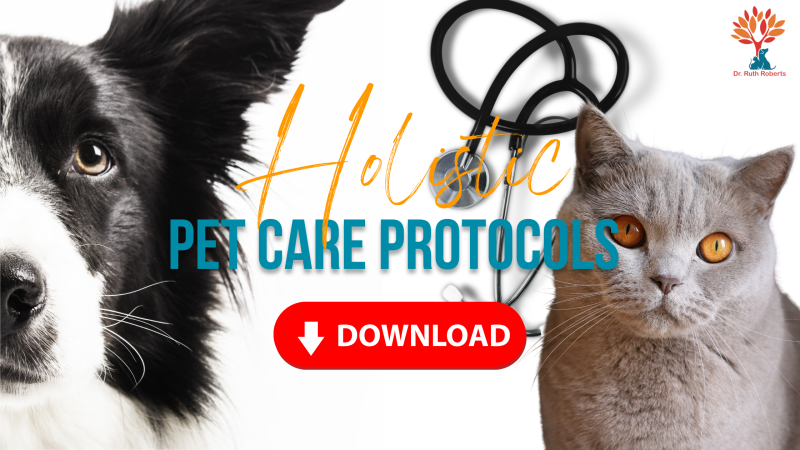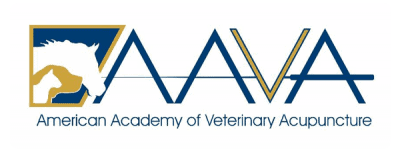I am just back from the first combined meeting of the AAVA and International Veterinary Acupuncture Society, and it was an inspiring meeting. The first series of talk by Dr. Bonnie Wright focused on how Evidence based Medicine understands the efficacy , or lack thereof, of acupuncture.
There are several types of research that are given more credence or weight as to whether a particular treatment works, or doesn’t work.
- The most valued type of research is a meta-analysis, which essentially combines the results of many studies, filtered out for specific characteristics.
- Randomized control trials are considered the best type of primary research, as the new treatment is often compared to a control or untreated group, or to the gold standard of treatment.
The validity of studies decreases as you go down the scale to a series of case, reports, or expert opinion. Studies looking at what are called “Patient centered outcomes” are considered to have low value, but many in medicine are asking why we are not doing more of these studies, as the afore mentioned studies often involve looking at only one condition and treating that condition, whereas a patient that is sick may have several medical issues present, and the randomized control study may not have any bearing on a more typical patient’s response to a treatment.
There is growing sentiment that Evidence based medicine may not be in the best interest of the patient. EBM is often funded by a drug company looking to bring a drug to market, and so the suspicion is that the results are biased toward the drug. Dr. Wright presented a series of papers comparing placebo treatments to placebos treatments, with one paper showing astonishing results.
Ted Kaptchuk is a talented human acupuncturist, and wrote The Web That Has No Weaver, a seminal book about Traditional Chinese Medicine. His more recent interests lie in studying the placebo effect, and he has authored several studies comparing placebo to placebo, sometimes with the patients knowledge, and sometimes not.
In Components of placebo effect: randomised controlled trial in patients with irritable bowel syndrome BMJ 2008; 336 doi: https://dx.doi.org/10.1136/bmj.39524.439618.25 (Published 1 May 2008) BMJ 2008;336:999, There were 3 groups of patients with Irritable bowl syndrome. The first group was on a waiting list for teatment, the second group received sham acupuncture with limited practitioner contact, and the third group received sham acupuncture with and augmented warm, caring relationship with the practitioner.
After 6 weeks, 28% of the participants reported an improvement on the waiting list, 44% in the limited sham acupuncture group improved, and 62% of the augmented sham acupuncture group improved. The fascinating thing, is that 61 and 62% improvement is the gold standard for drug therapy across many trials.
So what does this mean? Certainly the practitioner interacting with the patient is important. Also, the practitioner telling the patient that they expect that the patient is a good candidate for acupuncture, and that it should suply quite a lot of relief, creates confidence in the patient that they will improve.
What this study makes me think most about are the words of Sun Si Miao, a 7th century Chinese doctor. He said “Medicine is intention”. These are words I do my best to live by every day. We generally think that there is no placebo effect in pets, but what I have seen is that as the owner grasps that there is some hope for their pet, and that the quality of life can be improved, then the pet will visibly relax in the room. I believe that if one has a trust based relationship with one’s healthcare provider, then the chances of healing are markedly improved. If you do not trust your health care provider, it is tough to get well. More than half of what I do all day is talk to people and give them tools to help support their pets. as well as a sense of hope. I cannot begin to tell you how gratifying this job is, when I see pet and owner united in optimism for health.















